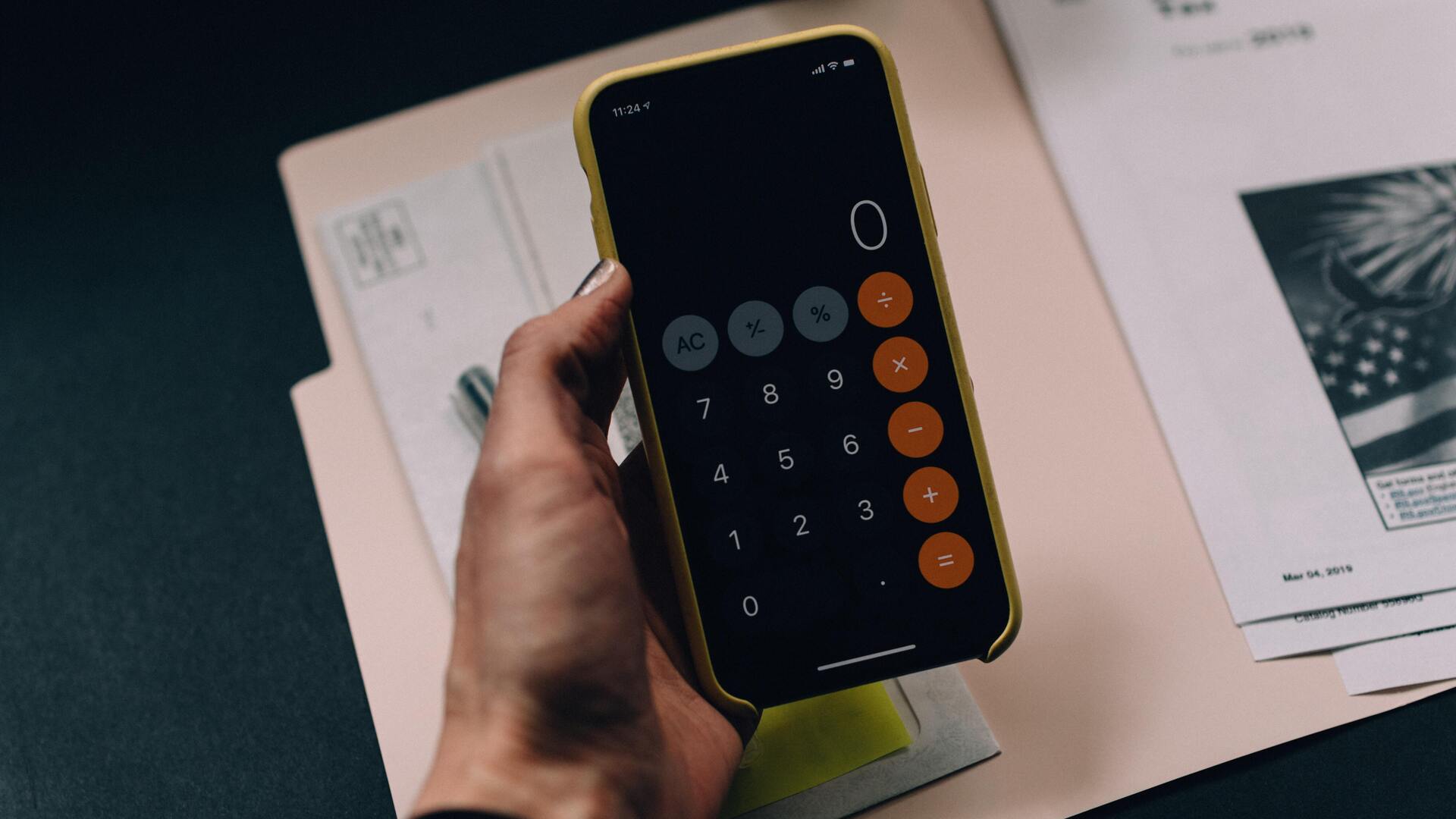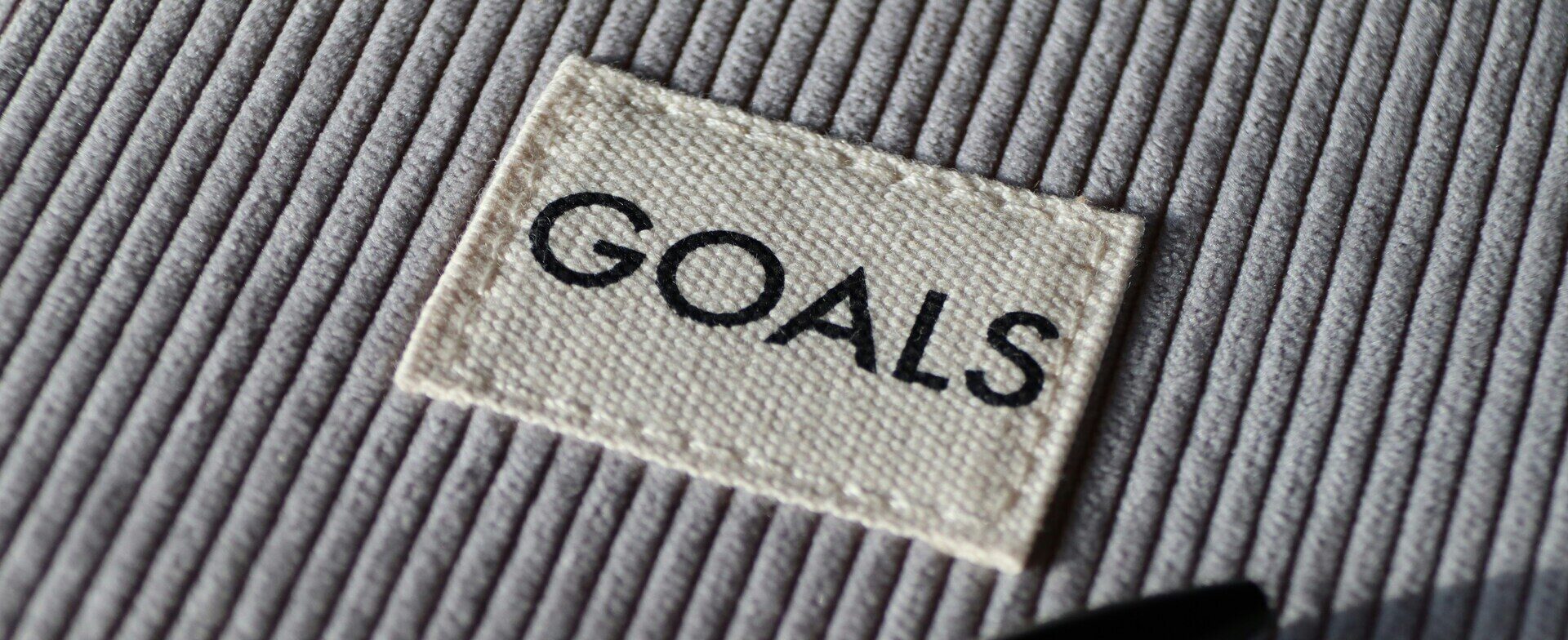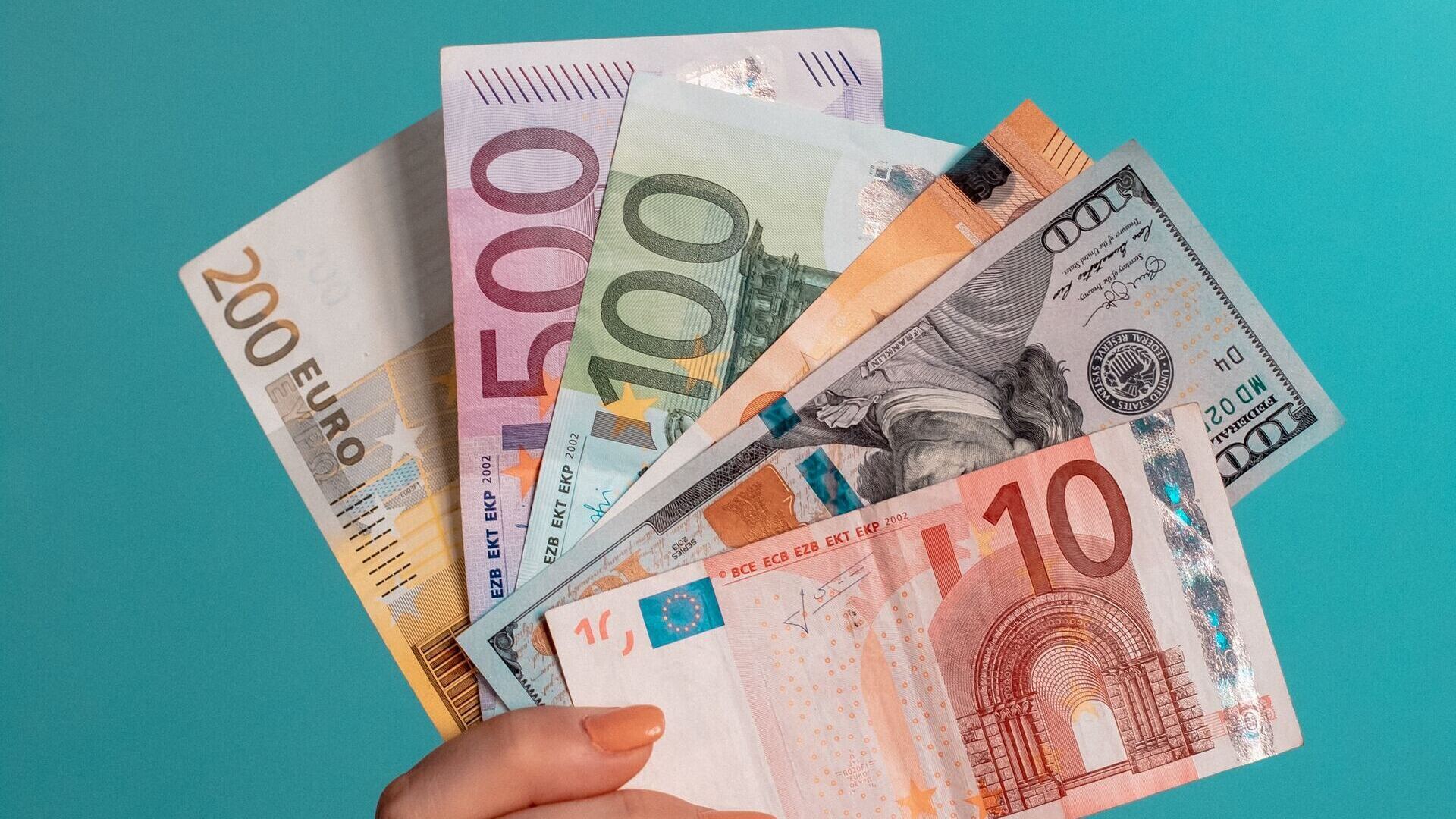
Budgeting – The fast track to savings
A short guide on how to start budgeting.
It’s the end of the month and somehow you always end up in the same situation thinking: where did my money go? You try your best to recall your spendings but somehow it does not seem to add up, so you find yourself questioning your abilities to manage your money effectively. Sounds familiar to you too? As keeping track of our spendings on a regular basis can be a difficult thing, we often feel like we do not have full control of our personal financial situation. This is where the importance of budgeting comes in. Budgeting means planning how to spend your money over a certain amount of time. Turning this powerful activity into a habit could potentially change your financial situation drastically.
When you start budgeting there are many benefits associated with the different activities involved in setting up your budgets. So where do you start? The first thing you will need to do is take a look at your last months’ income vs spendings. This will give you a big picture of what your usual spending habits are. Analyzing this overview will increase your awareness and expose certain spending patterns that might not have surfaced before. This is especially valuable when it comes to bad spending patterns. Knowing where the source of your financial issues lies gives you the chance to consciously work on them and eventually get rid of them. Next, you should also evaluate the spending habits that look reasonable. There are many new ways to improve your spending habits, you just need to be willing to continuously learn and actively look for your weak spots. Only then you will be able to foresee and avoid them in the future. Slowly but surely you will start noticing the difference and see how your spending patterns are improving, and you will become a true master at managing your money more effectively.
After having analyzed your past spendings, it is time to start grouping them into different spending categories. Based on this you should be able to set up reasonable budgets for each category on a monthly or weekly basis. To truly understand what are the best budgets for you, you need to establish your income vs savings goal to then calculate what your maximum budget is. When setting up category-specific budgets, it is very important to always stay realistic. This for example means understanding that every month your budgets should be adapted. During the Christmas holidays you, for example, should set a bigger budget, knowing in advance that you will have to buy presents for your loved ones. You should also keep your budgets realistic by adding a buffer to each budget, meaning, you give yourself some playroom allowing you to stay more easily within your set budget.
Ultimately, budgeting is a great way to organize and control your personal finances better. It is also a source of motivation that will help you get and stay ahead. If done well, it will positively impact your financial status, reduce financial stress, and help you achieve your saving goals faster.






